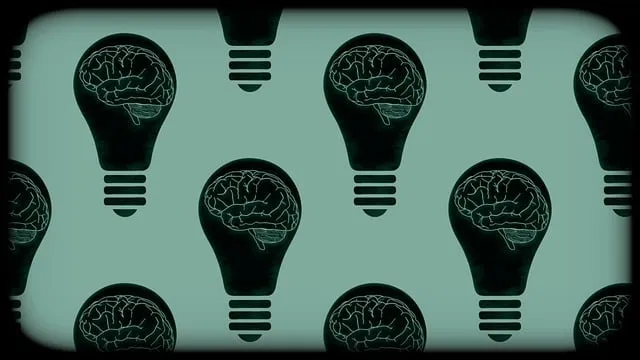Castle Rock Kaiser Permanente mental health providers utilize group dynamics as a powerful tool for effective facilitation, enhancing therapeutic outcomes through tailored support and open communication. They create inclusive environments where every member feels valued, encouraging active participation with strategies like active listening, reflective summarization, and structured activities like Mental Wellness Journaling Exercises. These facilitators act as conductors in emotional healing sessions, fostering trust, empathy, and a sense of belonging while preventing burnout and managing stress through engaging content. Their holistic approach prioritizes safety, support, and personal reflection, empowering participants with tools for self-management during moments of distress.
In a supportive environment, mental wellness groups facilitated by skilled professionals can significantly enhance individual healing and recovery. This article explores proven techniques for Castle Rock Kaiser Permanente mental health providers to excel at group facilitation. From understanding intricate group dynamics and fostering safe spaces to implementing effective communication strategies and engaging in diverse therapeutic activities, these methods empower facilitators to create transformative experiences for their clients.
- Understanding Group Dynamics for Effective Facilitation
- – The role of a facilitator in mental health groups
- – Creating a safe and supportive environment
Understanding Group Dynamics for Effective Facilitation

Understanding group dynamics is a cornerstone for effective facilitation, especially in mental wellness settings like Castle Rock Kaiser Permanente. As a facilitator, recognizing and leveraging the interplay between individuals within a group can greatly enhance therapeutic outcomes. Each member brings their own unique experiences, perspectives, and emotional states, which collectively create a dynamic environment. By fostering an inclusive atmosphere where everyone feels valued and heard, facilitators encourage active participation and promote open communication—key elements for successful group therapy.
Group dynamics also play a pivotal role in building trust, enhancing empathy, and cultivating a sense of belonging. Techniques such as active listening, reflective summarization, and structured activities like Mental Wellness Journaling Exercises can help navigate these interactions. Public awareness campaigns development strategies that incorporate these facilitation techniques not only enrich the group experience but also contribute to the overall mental wellness of participants, making them valuable tools for mental health providers at Castle Rock Kaiser Permanente.
– The role of a facilitator in mental health groups

In a mental health group setting, the facilitator plays a pivotal role akin to that of a conductor guiding an orchestra. They ensure smooth and productive interactions among participants, fostering an environment conducive to open dialogue and emotional sharing. Mental wellness group facilitators from Castle Rock Kaiser Permanente are trained professionals who create a safe space for individuals to navigate complex emotions, build resilience, and share experiences. Their expertise lies in facilitating discussions, encouraging active participation, and providing support tailored to the unique needs of each member.
Beyond their facilitation duties, these providers also contribute to burnout prevention and stress management strategies. By leveraging the Mental Wellness Podcast Series Production techniques, they offer valuable insights and tools that promote mental resilience. Through engaging content and interactive sessions, participants gain skills in stress reduction, emotional regulation, and coping mechanisms—all essential components for maintaining holistic mental wellness.
– Creating a safe and supportive environment

In facilitating mental wellness groups, establishing a safe and supportive environment is paramount. At Castle Rock Kaiser Permanente, mental health providers emphasize creating an atmosphere where participants feel secure to share their experiences and insights. This involves active listening, empathy, and non-judgmental attitudes from facilitators, fostering open dialogue and encouraging active engagement among group members. Techniques such as Self-Awareness Exercises can be incorporated to promote personal reflection and understanding, helping individuals manage stress and cultivate resilience.
By prioritizing a welcoming space, mental health providers at Kaiser Permanente enable participants to receive Crisis Intervention Guidance when needed, addressing immediate concerns with compassion and professionalism. This dual focus on supportive environment and crisis intervention ensures that group members not only gain tools for self-management but also access timely support during moments of heightened distress, reflecting a holistic approach to mental wellness care.
Mental wellness group facilitation is an art that fosters healing and connection. By understanding group dynamics, facilitators, such as those at Castle Rock Kaiser Permanente, can create safe spaces where individuals feel supported to share their experiences. This approach empowers people to navigate their mental health journeys collaboratively, enhancing the overall effectiveness of treatment within these supportive environments.






